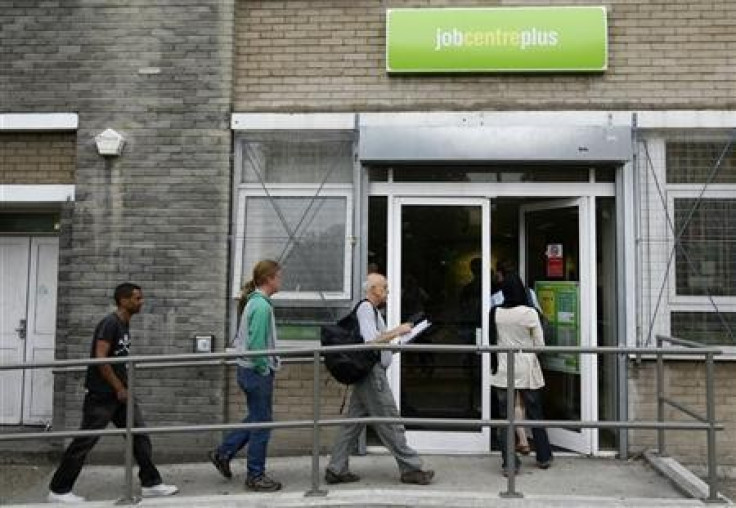UK Long-Term Unemployment Rises Again

Long-term unemployment crept up again in the three months to June, according to the Office of National Statistics, but the number of Job Seeker's Allowance claimants has since dropped.
Adding to the task of the government's flagship welfare-to-work scheme the Work Programme , the number of people which have been out of work for more than a year in the British economy, rose by 7,000 people from the first quarter. This is a total of 909,000 long-term unemployed people.
However, the number of people claiming JSA in July, a benefit for the jobless who are looking for work, was down to 1.44 million. This is a drop of 29,200 from June and a fall of 145,400 on the same month a year before.
Under the Work Programme, private and third sector contractors are paid on a results-based system to help the long-term unemployed off benefits and into sustained employment.
Early data from the Work Programme has disappointed. By the end of March, 132,000 participants in the Work Programme had found sustained work for six months or more.
There had been 1.02 million referrals to the Work Programme, meaning it was still working behind the Department for Work and Pensions' original targets.
Just 6,000 of those on Employment Support Allowance (ESA), which includes people with disabilities, have been helped into lasting work. The government set providers a benchmark of 16.5% of ESA claimants taking part in the Work Programme to find sustained employment - only 5.3% have so far.
Critics, including groups of MPs on the Public Accounts and Work and Pensions committees, have lashed out at the Work Programme and accused it of failing the most vulnerable.
Due to the pay structure, providers are incentivised to "park" the hardest cases and "cream" off the easiest ones in pursuit of a quick payment.
The ONS labour market data also showed that the employment rate lifted 0.1% in the three months to June, to 71.5%. The unemployment rate was unchanged on the quarter at 7.8%.
Wage Decline Continues
Britain's painful wage decline continued during the second quarter. Regular pay, excluding bonuses, rose by just 1.1%, against consumer price inflation of 2.9% in June.
Total pay including bonuses rose by 2.1%, but this was down to a surge in bonus payments during April at the start of the new tax year, when the top rate fell to 45% from 50%.
"The relatively high growth rate for April to June 2013 partly reflects unusually high bonus payments in April 2013," said the ONS.
"Some businesses have reported that they paid bonuses in March last year but in April this year."
Youth Unemployment Rises
Youth unemployment rose to 973,000 in the second quarter, up by 15,000 on the three months to March.
Analysis by the Institute for Public Policy Research (IPPR) shows that half of unemployed young people not in full-time education have never had a job.
"Gaining experience of the world of work while studying is vital for the future job chances of young people. But fewer and fewer young people are working while learning," said Spencer Thompson, economic analyst at IPPR.
© Copyright IBTimes 2024. All rights reserved.









